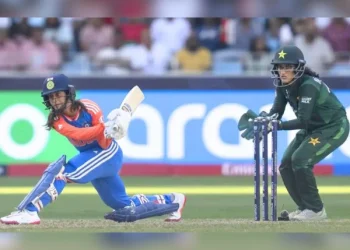Pakistan’s current government has been under fire from the general people due to several occurrences that are creating concerns about the effectiveness and competence of Prime Minister Shahbaz Sharif and the federal ministers.
Public criticism is not a learned lesson that someone might remember to target the government, rather, as Shakespeare put it that this world is a stage, and we are all mortals. We perform our acts and leave the stage.
Just like the PTI govt was on the stage a year ago, today the PML-N led coalition government is in the line of fire. And after witnessing its performance, the opposition and the general public are criticizing it. This is not a story from fifty years ago, but rather from last year, when PDM used to slate Imran Khan’s government for inflation. It shouldn’t come as a surprise that the PDM government is now receiving similar criticism.
People had high hopes for the current Prime Minister Shehbaz Sharif when came into power because the PTI administration had struggled to keep inflation under control. People believed that the PDM government, led by the PML-N, might lower inflation. However, they utterly failed. The new government has also started negotiations with the IMF, which are still going on and have not yet yielded any positive results.
Imran Khan received a notice from the Election Commission on May 1st, when the country was observing Labor Day. On the other hand, a case was filed against the former Governor of Punjab, Umar Sarfaraz Cheema. These ploys are nothing but to divert people’s attention from the awful state of the economy.
Instead of resorting to cheap political victimization tactics, the government needs to focus to deteriorating economy which has affected the standard of living in the country. The current political system, however, is so chaotic that it is unable to even guarantee the most fundamental human rights, much less make life better for the populace.
Without a doubt, the current situation is close to being hopeless. However, there is no reason that Pakistan cannot avoid a situation similar to Sri Lanka if the stakeholders take things seriously and try to adopt realistic policies. We can learn from India and other countries who had faced a similar scenario in the past.


























